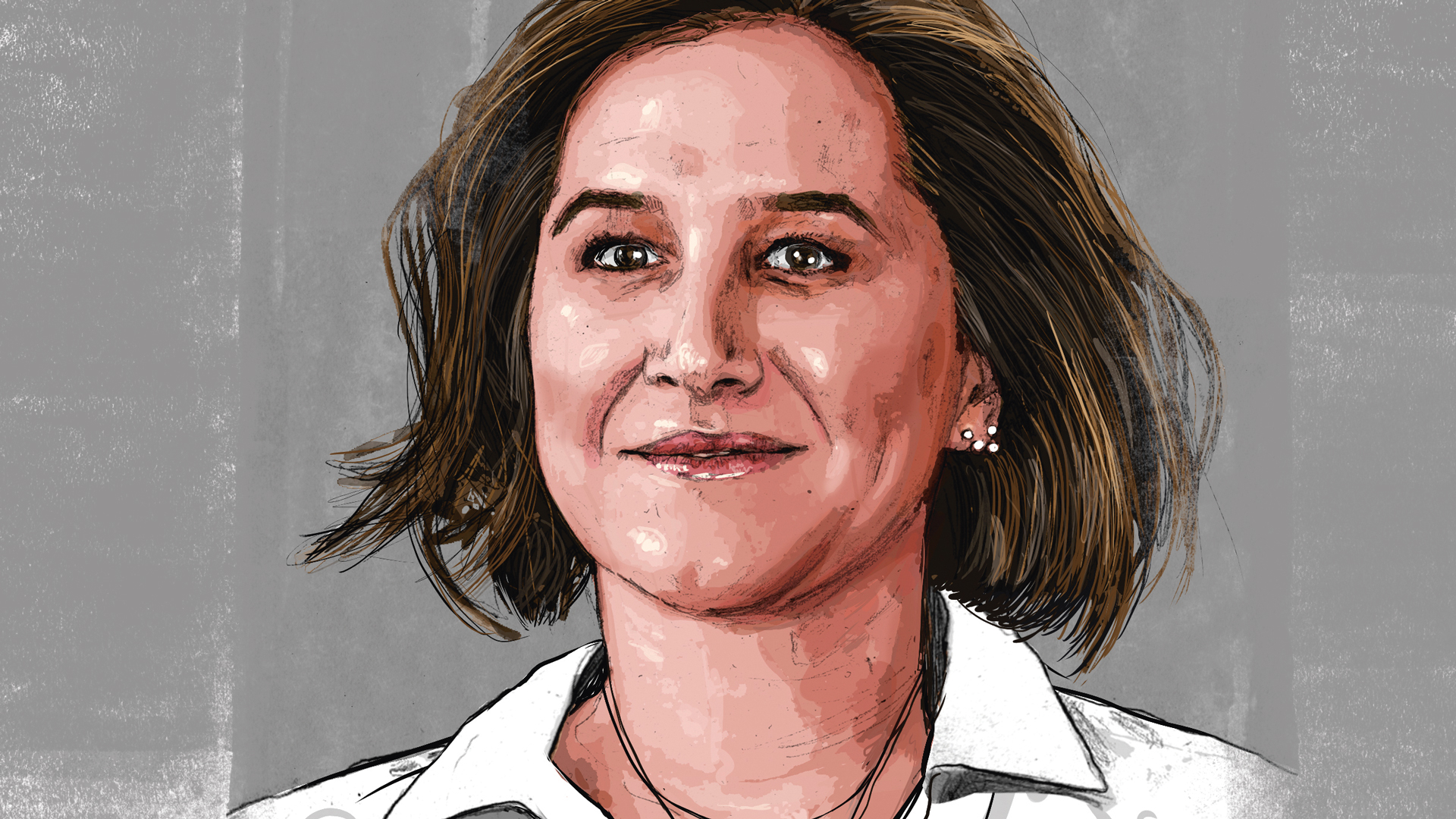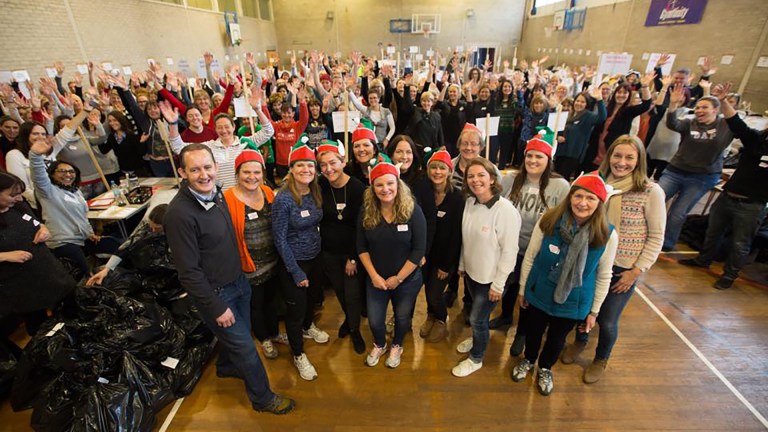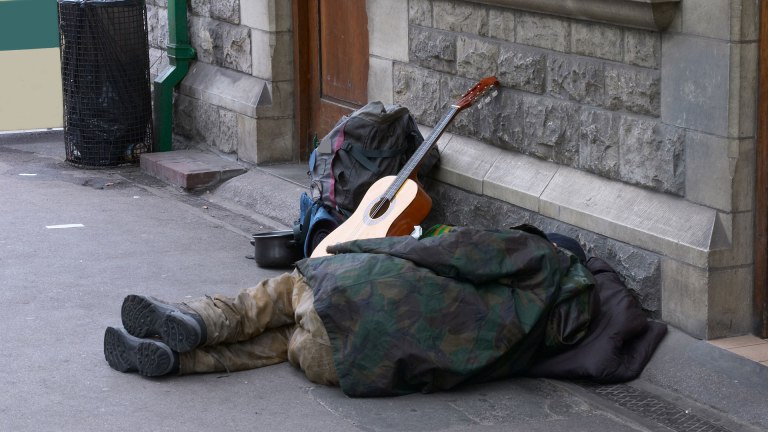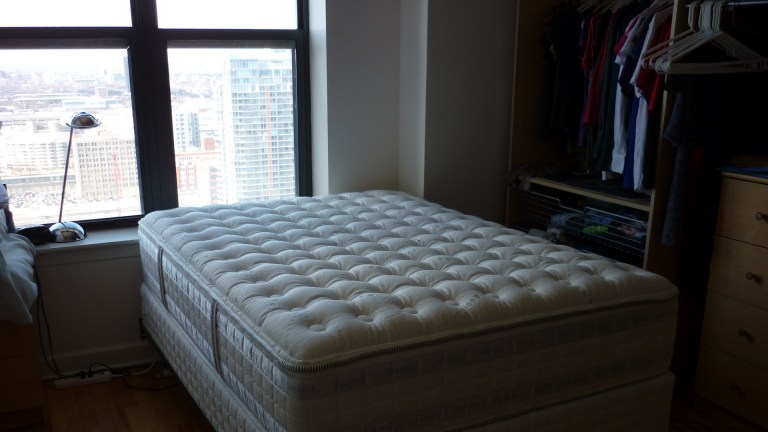“It got me thinking. I sent a WhatsApp message to a group of family and friends saying I was organising a collection of the everyday products we take for granted to take down to the foodbank. The response was overwhelming.”
Eventually, her house full of items contributed by the town, she moved the donation point into her partner’s Sevenoaks shoe shop. When The Hygiene Bank outgrew that, the next stop was the local leisure centre. The project grew organically from there and a little over a year later, there are nearly 390 donation points across the UK.
Not having access to the things you need to keep yourself clean is “shaming and humiliating,” the founder continues. “Because it’s so tied up with how you present yourself aesthetically, it so easily leads to social isolation. School teachers report that some kids get picked on because of the problem. It impacts your employment opportunities. This isn’t a life-or-death scenario like food, but it has a real fundamental impact on the way we can be, and stay, a part of society.
“No one should be housebound because they’ve got their period. A bottle of deodorant shouldn’t be life-changing to a teenager, but it often is.”
Each local project is set up by volunteers who organise means of collecting donations. That could mean boxes in public places like cafes and libraries, or in local businesses and closed groups like yoga classes.
The Hygiene Bank is also partnered with some social enterprises that operate on a buy-one-give-one model, like The Big Issue-backed period poverty busting business Hey Girls, who donate a box of period products to Hall’s charity for every one they sell.
From those product streams, local volunteers sort and arrange the donations according to need to be redistributed to community partners like foodbanks, refuges and care leaver support teams.
The founder tells The Big Issue about a time she was approached at a recent event by a woman who said she worked at a supported housing scheme for 16-24 year-olds that regularly receives donations from the charity. The most shocking benefit, she explained, was that conflict within the housing unit went down dramatically. People weren’t stealing from each other, or driven to clash by the sense of sheer survival.
I sent a WhatsApp message to a group of family and friends saying I was organising a collection of the everyday products we take for granted to take down to the foodbank. The response was overwhelming
Hall has her sights set on schools next. “For everything else, you’ve got to be in the system in order to get help. But teachers are essential on the frontline for seeing when a family is beginning
to struggle.”
This week, Hall was announced as the winner of a prestigious Women of the Year ‘Wellness Warrior’ award. She’s “overwhelmed and in awe to be with such an esteemed group”, but otherwise busy gearing up for The Hygiene Bank’s Christmas appeal. Last year, they distributed bags filled with essentials, luxuries and personal notes to around 3,500 people. This year, they’re aiming for 5,000.
We want you to nominate someone you think is going to be making a difference in 2020. Find out more about how to put the most inspiring thinkers, agitators and innovators forward for our top 100 here.
Illustration: Matthew Brazier









